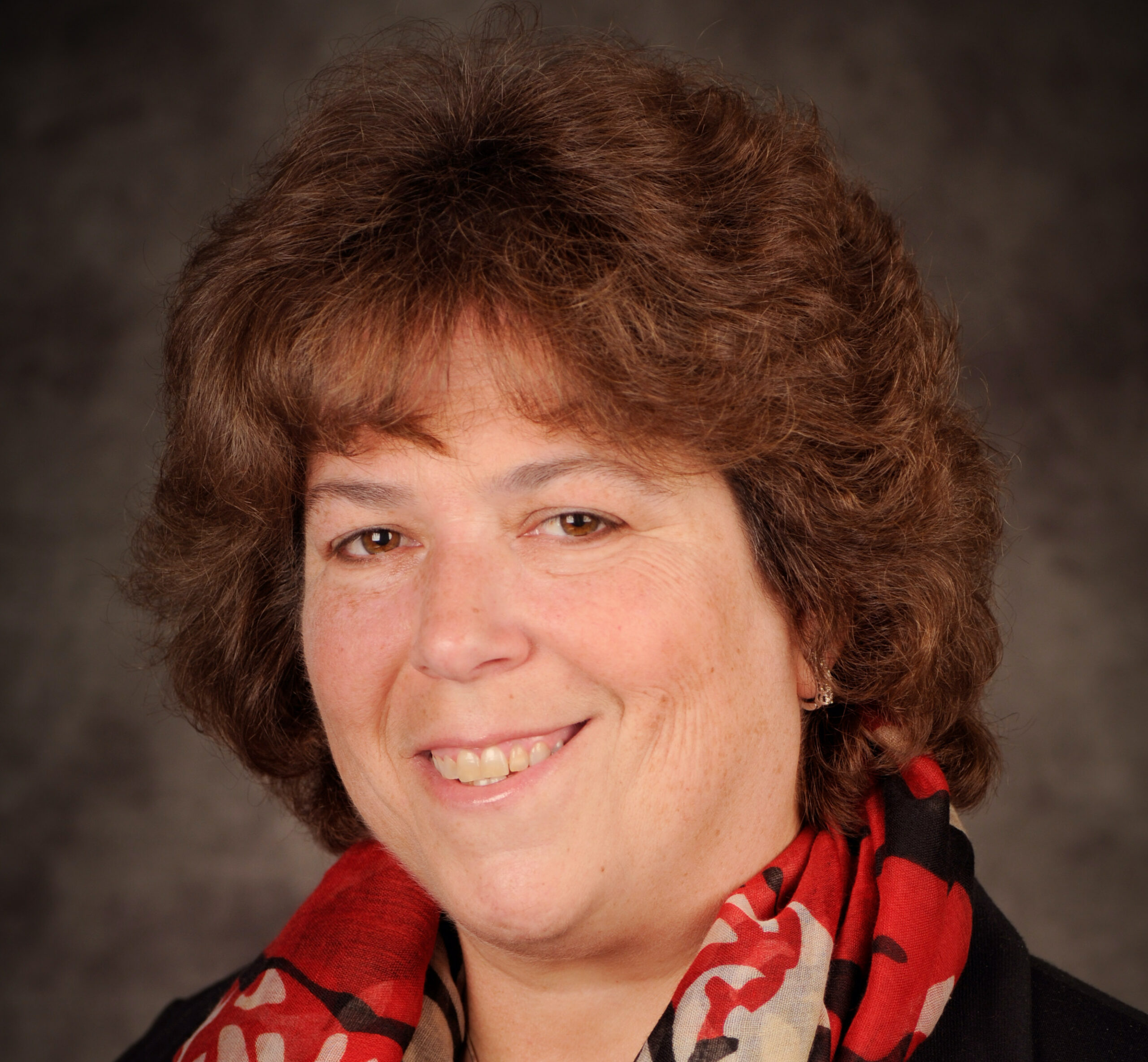The State University of New York told its 64 campus network to expect a 25% reduction in state aid this year, on top of mounting revenue shortfalls from empty dorm rooms and lackluster out-of-state and foreign student enrollment. Add to this the empty stadiums for athletic events, the canceled concerts and other campus ticketed programs, and the economic bottom line for campuses reveals staggering multi-million dollar shortfalls.

The story is the same on both public and private university and college campuses throughout the United States. The ripple effects of the growing economic typhoon will be felt for years to come as each institution struggles to recover from the lasting impacts of COVID-19. A president with legal training can put the lawyer’s toolkit to good use making tough decisions, navigating legal complexities of compliance and addressing issues arising from programmatic, human resources and contractual obligations.
The fact remains that these individuals are selected not only because of their legal training, although increasingly is relevant to academic administration. Obviously, not all lawyers are well suited to lead academic institutions. However, many are uniquely well prepared for the job. An increasing number of colleges and universities are discovering that lawyers often have the qualifications needed to succeed as presidents in the 21st Century.
For example, a large number of lawyer presidents have had government experience. In the current fiscal crisis, these individuals have a distinct advantage in effectively advocating for funding for higher education as a whole and for the individual programs on their campuses that may qualify for support from diverse funding streams/programs within governments (e.g., not a single higher education budget allocation but rather funding from housing, transportation, health, economic development and other agencies or legislative interests at various levels of government, not to mention research grants).
Notably, these former government lawyers turned campus leaders also have substantial experience fundraising for political candidates, demonstrating an affinity or asking for contributions and opening a vast untapped network of wealthy givers who could easily become college donors. Their varied legal experience is buttressed with business acumen and fiscal management experience from running law firms, serving corporations, and even from serving as general counsel inside higher education.
Seasoned fundraisers are needed now more than ever. There is a desperate need for non-government revenue sources to fill the widening gap created by staggering decreases in usual revenue sources and from impediments to traditional campus-based and in-person “friend-raising” cultivation programs including reunions and face-to-face fundraising events.
Staggering revenue losses coupled with the added costs of delivering quality education in a COVID environment—such as technology hardware and software; training; the growing facilities budgets to re-outfit rooms, provide for the increased use of cleaning agents and personnel to do the work; and the expense of campus provided COVID tests for students, faculty and staff—are budget busters. Academic administrators are also scrambling to identify new revenue streams for needed scholarship support for a growing number of students who find themselves and their families victims of the economic havoc wrought by the pandemic. There is no doubt that the pandemic adds severe pressure on the already thin financial ice of many institutions of higher education. That is why it is search committee malpractice to fail to make fiscal sustainability a priority goal.
A growing subset of lawyer presidents possess specific higher education fundraising experience having served as vice presidents for institutional advancement, trustees, and alumni leaders. Recent appointments include more than three dozen lawyer leaders, whose full-time job prior to assuming the campus presidency was in higher education philanthropy. Some lawyer presidents served as deans of law schools where fundraising is a priority and expected. Notably, perhaps because of constraints on accessing certain public funds to support the institutions, religiously affiliated schools seem to place great value on prior fundraising experience for their lawyer presidents with a noticeable number of such appointments. Looking at the track record of various campus lawyer leaders with fundraising experience, there is a consistent pattern of dramatic growth in philanthropic, foundation and public support, with evidence in some cases of a tripling of annual and endowment accounts.
Academic institutions are also thoughtfully open to others with backgrounds that would have been atypical appointments only a few years ago, such as those with credibility as experts in health and medical services. The number of women lawyer presidents has increased consistent with both national trends in higher education and women in the legal profession. By expanding the pool of candidates beyond the traditional central casting notion of an academic leader, institutions could also find highly qualified candidates with desired diverse backgrounds who bring unique skill sets needed at this time. Given the noticeable number of recent law schools appointing minorities and women deans, not to mention judges and leading lawyers, considering JDs in addition to conventional PhDs could offer search committees compelling new choices.
Patricia E. Salkin is senior vice president for Academic Affairs of the Touro College and University System and provost for the Graduate and Professional Divisions at Touro College. This piece is part of her larger dissertation on lawyers as campus leaders for her Ph.D. in Creativity at the University of the Arts in Philadelphia.





